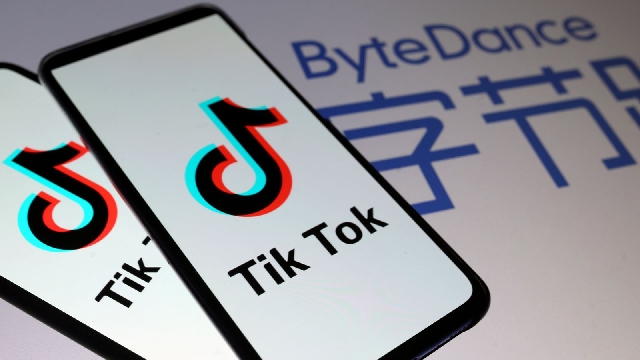TikTok boss quits amid Trump pressure on Chinese-owned app

The new chief executive of TikTok has quit amid pressure from Donald Trump for the video app’s Chinese owner to sell it.
Kevin Mayer, who has been in the job for less than three months, said in a letter to employees that the “political environment has sharply changed”.
Mr Trump earlier this month ordered a ban on US transactions with TikTok by mid-September.
He separately ordered owner ByteDance to sell its US operations to an American company within 90 days, citing national security concerns.
TikTok is suing the administration over the ban.
In his letter to staff, Mr Mayer – who was a top executive at Disney before joining TikTok on 1 June – said: “I have done significant reflection on what the corporate structural changes will require, and what it means for the global role I signed up for.
“Against this backdrop, and as we expect to reach a resolution very soon, it is with a heavy heart that I wanted to let you all know that I have decided to leave the company.”
ByteDance is currently in talks with Microsoft over a sale of TikTok’s North American, Australian and New Zealand operations.
TikTok said: “We appreciate that the political dynamics of the last few months have significantly changed what the scope of Kevin’s role would be going forward, and fully respect his decision.”
ByteDance launched TikTok in 2017, before buying Musical.ly, a video service popular with young people in the US and Europe, and combining the two.
Its light-hearted videos and ease of use have seen it taken up by hundreds of millions of users globally.
A separate service, Douyin, is available for Chinese users.
But its Chinese ownership has raised concerns about potential censorship of videos such as those critical of the Beijing government, as well as the risk that China may access user data.
Earlier this month, Mr Trump threatened sweeping bans on TikTok and another Chinese social media business, WeChat.
The Trump administration has piled pressure on Chinese tech companies, citing national security concerns – previously imposing tough sanctions on telecoms equipment firm Huawei.








